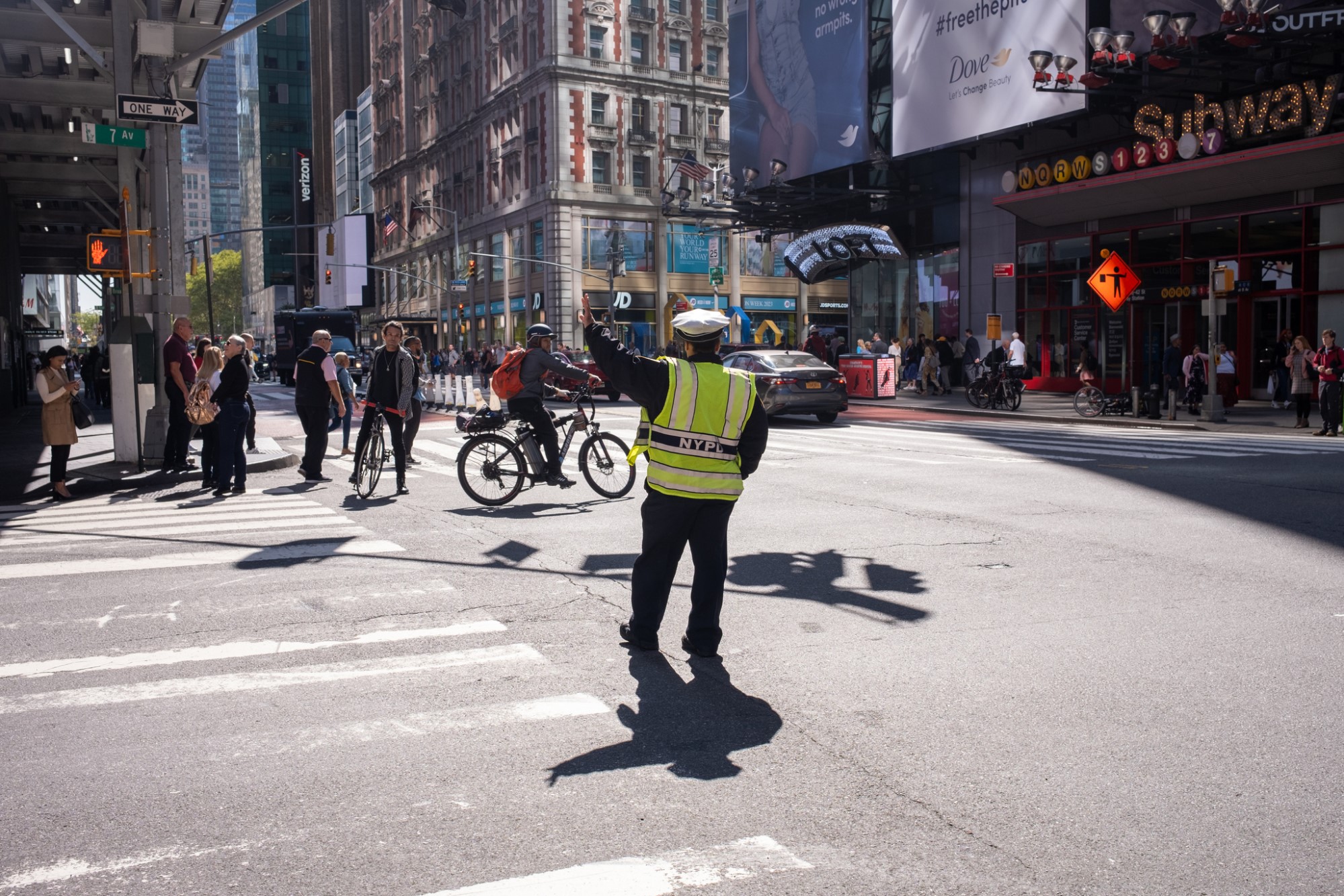Unjust Laws and Elastigirl’s Example

It’s not often that an animated film references medieval philosophy of law; it’s even more rare for such a film to make $180 million: yet in its opening weekend, The Incredibles 2 did both.
The long-awaited sequel to a fan-favorite film from 2004, The Incredibles 2 follows the exploits of the super-powered Parr family as they try to navigate typical challenges of suburban life (maturing children, unfulfilling careers) alongside more unusual problems (like losing the baby in a self-generated alternate dimension). After the events of the original Incredibles movie, the Parrs take an opportunity to act out in protest of laws limiting the activities of super-powered individuals, aiming to demonstrate the value that “supers” can add to regular life. In an effort to get the laws changed, Helen “Elastigirl” Parr is tapped as the new face of the PR campaign. Equipped with a perpetual body-cam woven into her costume, Elastigirl sets out to prove that the laws prohibiting public super-powered activity are misguided — until she uncovers yet another nefarious plot that will drive the film.
While the storyline quickly shifts to uncovering the identity of the “Screenslaver,” an early scene shows Elastigirl and her husband, Mr. Incredible, debating the ethical implications of their actions in the film’s opening fight. Over dinner with their family, their son asks the super-powered couple if they had all done something wrong by stepping in to fight the Underminer, which leads to the following exchange:
Mr. Incredible: “We. Didn’t. Do. Anything. Wrong.”
Elastigirl: “Superheroes. Are. Illegal. Whether it’s fair or not, that’s the law.”
Mr. Incredible: “The law should be fair! What are we teaching our kids?”
Elastigirl: “To respect the law!”
Mr. Incredible: “Even when the law is disrespectful?”
Elastigirl: “If laws are unjust, there are laws to change them – otherwise there’s chaos!”
Mr. Incredible: “Which is exactly what we have!”
To some, accusing a law of being “unjust” would be as irrational as suggesting that four is not an even number; so-called ‘legal positivists’ would base the definition of justice itself on the enforcement of socially constructed rules. Per this definition, no law could ever be “wrong” because all laws are ultimately arbitrary and need no grounding beyond group agreement. However, neither of the Parrs appear to agree that the law banning superheroes is right simply because it is the law: they agree that the ethical foundation of the law is suspect, but they disagree about what to do in response.
This attitude falls more closely in line with the perspective of several classical and medieval philosophers such as St. Augustine and St. Thomas Aquinas, who developed and defended the maxim “lex iniusta non est lex,” or, “an unjust law is no law at all.” Coming from a tradition dubbed “Natural Law Theory,” this widely-varied view tends to require legal codes to “match up” with some greater principle, such as ethical rules, rationality, divine decree, and so on. No matter how many people in a culture deem some law to be appropriate, if it is out-of-step with the greater natural law, then that legal code is invalid and should be changed. This is one reason why the Rev. Dr. Martin Luther King, Jr. planted himself squarely within the Natural Law tradition in his famous Letter from a Birmingham Jail. He argues,
“A just law is a manmade code that squares with the moral law or the law of God. An unjust law is a code that is out of harmony with the moral law. To put it in the terms of St. Thomas Aquinas: An unjust law is a human law that is not rooted in eternal law and natural law. Any law that uplifts human personality is just. Any law that degrades human personality is unjust.”
King would go on in his letter to catalog many of the ways that segregation statutes violated and degraded human personality in such a way as to make them wrong.
In contemporary terms, similar arguments have been made concerning the treatment of families at the US-Mexico border, the fight for marijuana legalization, and the history of the now-repealed Defense of Marriage Act, to name only a few examples. Historically, consider examples like the Underground Railroad or the stories of individuals who helped persecuted groups escape Nazi death camps; in each case, an existing law was judged to be wrong on the basis of a wider-ranging foundation, which led activists to mobilize in an effort to change that law (or at least mitigate its effects). In some cases, as in the situation Elastigirl finds herself, motivating the masses to repeal the bad law requires some illegal activity; as she points out in the film, “I know it’s crazy right? To help my family, I got to leave it. To fix the law, I got to break it.” Without a natural-law foundation in the back of her mind, Elastigirl’s words here are hard to understand.
Which, perhaps, is one of the (many) reasons why The Incredibles 2 became the box-office smash that it remains: it finds an entertaining way to discuss important concepts particularly relevant to contemporary audiences. I’d like to think that at least a few families walked out of their local theaters and into an engaging conversation amongst themselves about whether Elastigirl was right to break the law – and what that might mean for us today.




